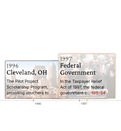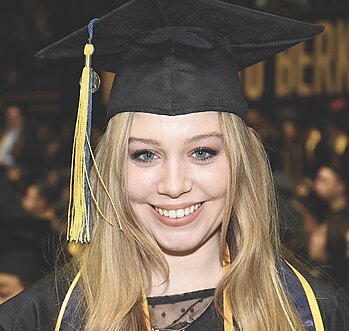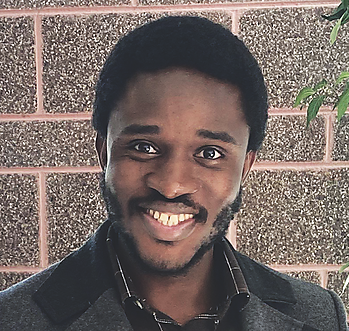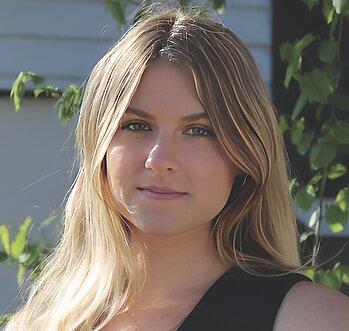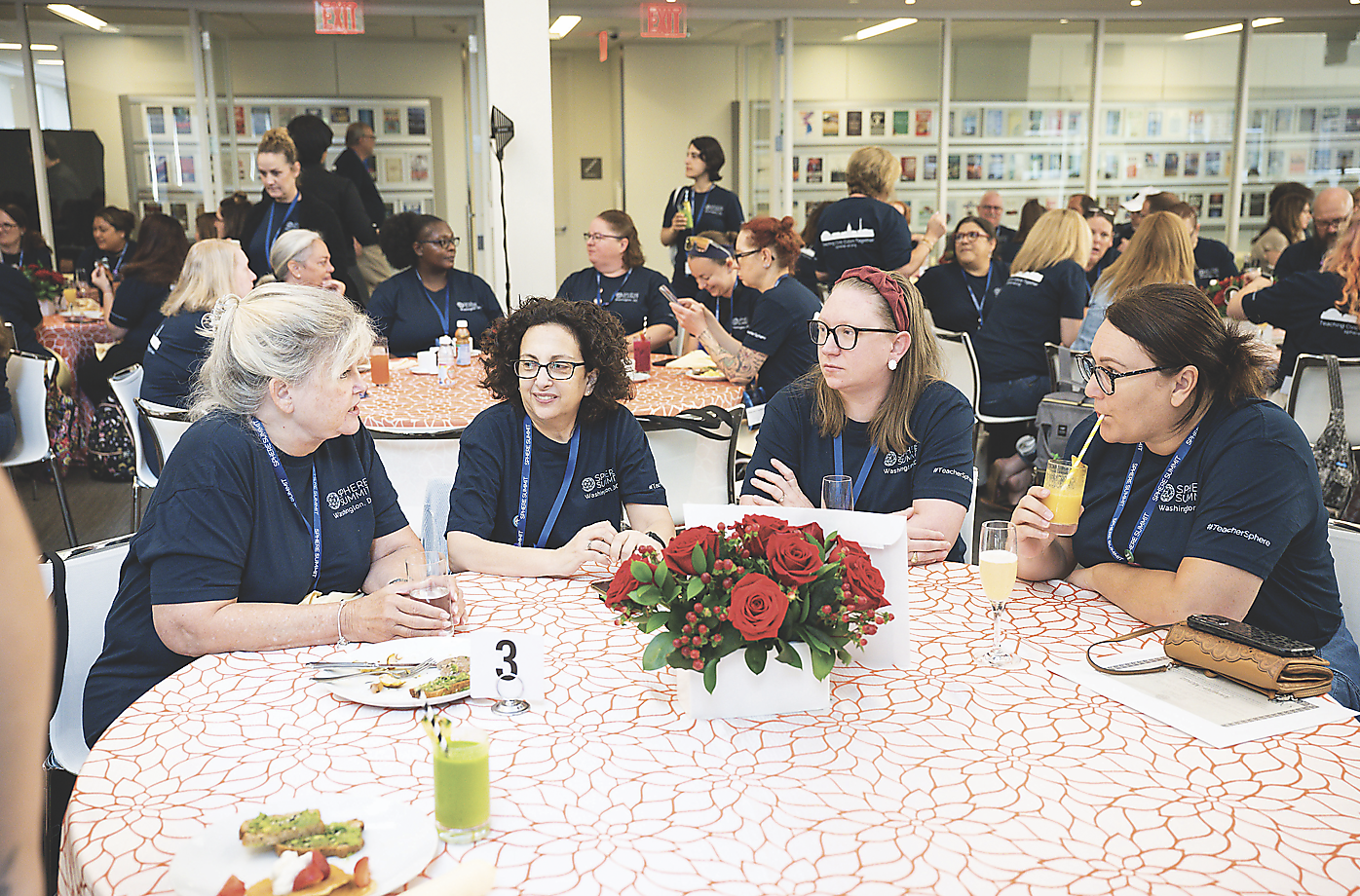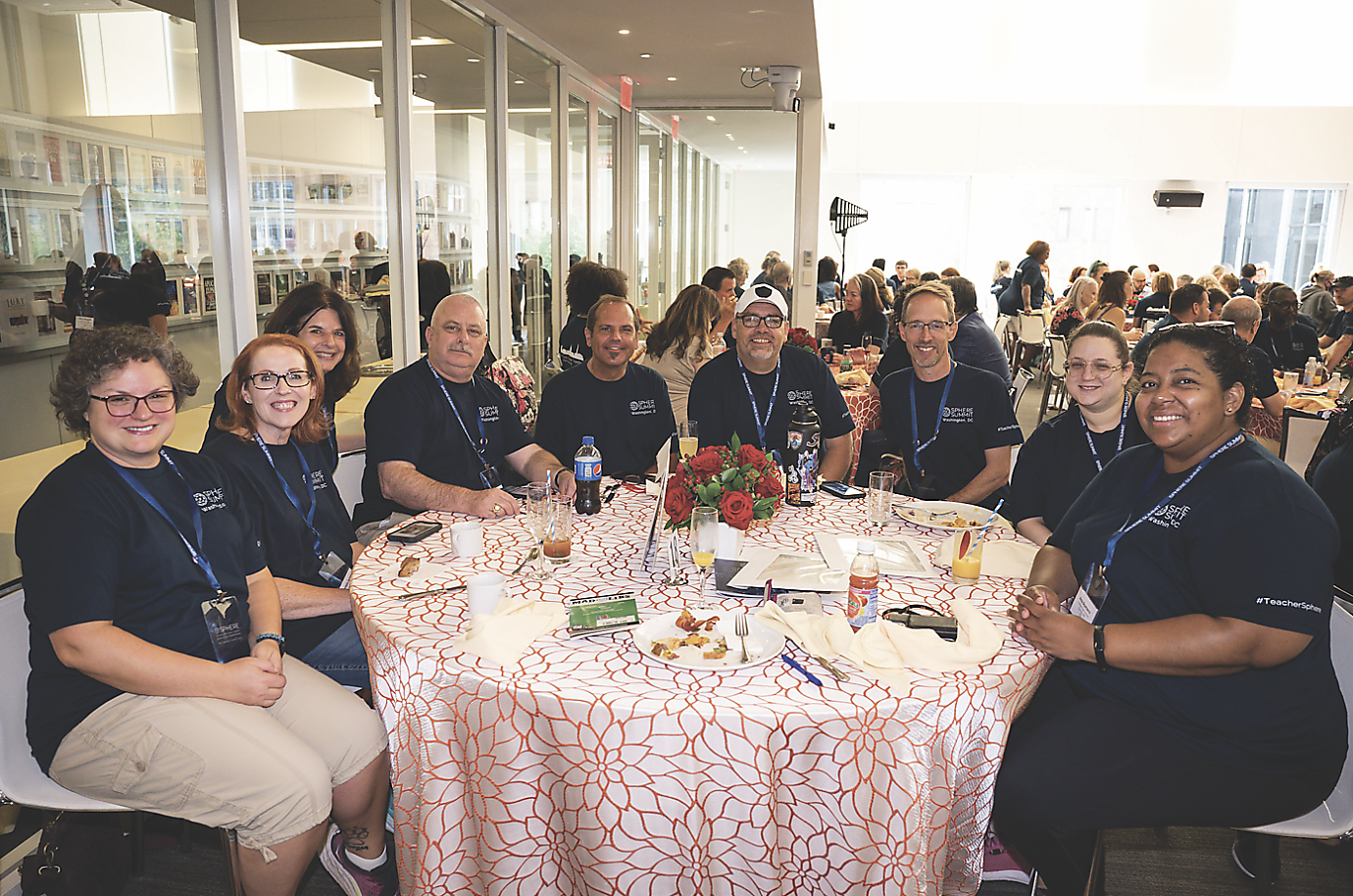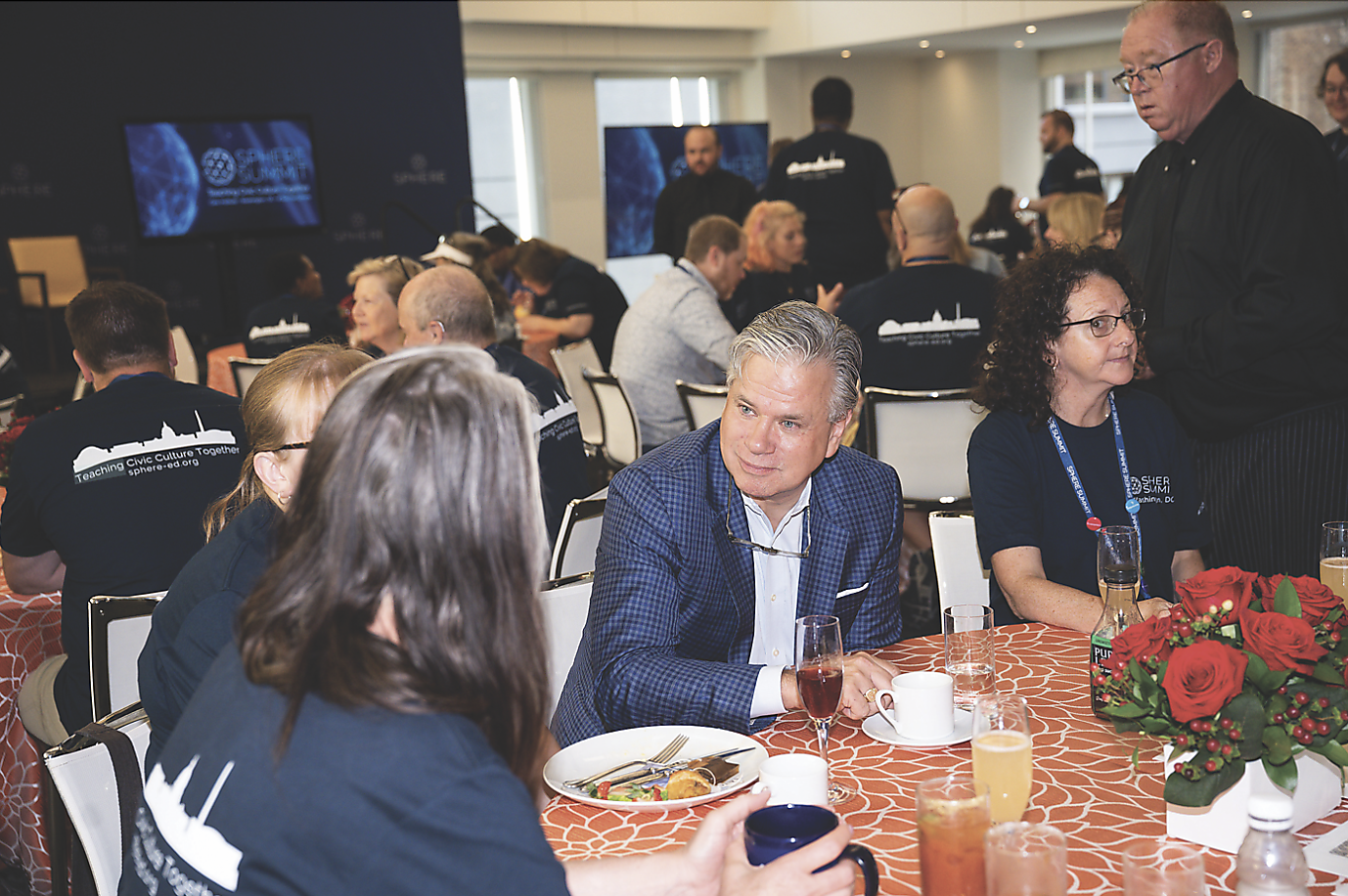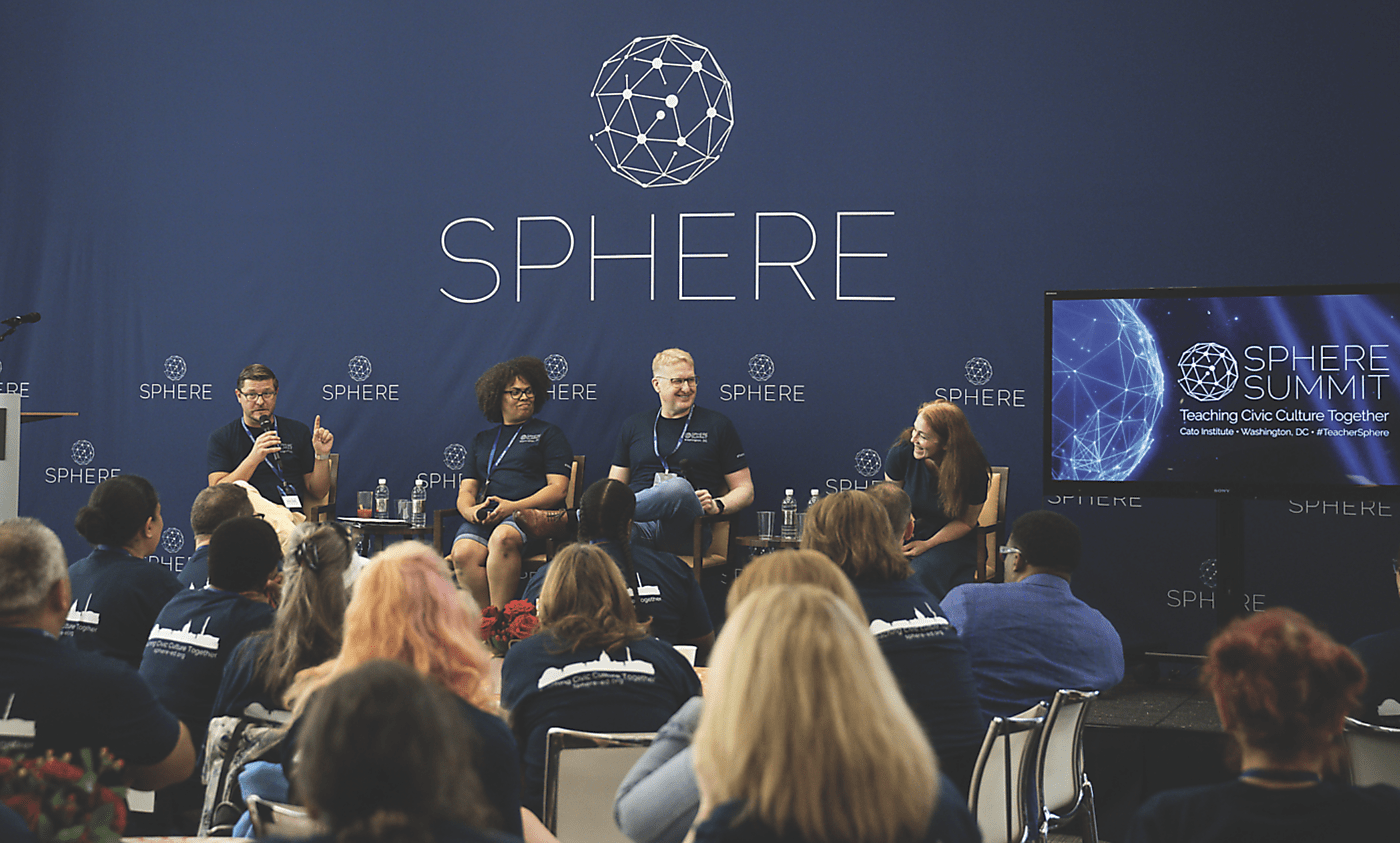Victories were piecemeal throughout Cato’s decades of education research, testimony, and advocacy, but the combination of COVID-19 school closures and educational culture wars shined a spotlight on the inability of public schools to serve diverse people equally and led to an explosion in school choice. Since 2020, approximately half of US states have enacted or expanded school choice programs. More than 40 years of Cato’s foundational research and advocacy helped guide the course.
The CEF released its interactive School Choice Timeline right before National School Choice Week in January. The timeline shows that the movement for educational freedom has existed as long as public schooling has and puts into perspective its tremendous progress over the past few years. It also debunks claims that the choice movement is rooted in efforts to thwart public school desegregation.

